The Five Principles of Peaceful Coexistence have transcended time and become more relevant in resolving hot spot issues and tackling challenges in today's world, including South China Sea disputes, officials and experts said.
Wu Shicun, director of the Academic Committee of the National Institute for South China Sea Studies, said the five principles still need to be carried forward, as they have everlasting relevance in bridging differences and avoiding conflict when it comes to territorial or maritime demarcation disputes.
The Five Principles of Peaceful Coexistence, officially initiated 70 years ago, are mutual respect for sovereignty and territorial integrity, mutual nonaggression, noninterference in each other's internal affairs, equality and mutual benefit, and peaceful coexistence.
So far, China has resolved boundary issues with its 12 land neighbors through negotiations, which Wu said is an example of the five principles put into practice.
Rommel C. Banlaoi, president of the Philippine Society for International Security Studies, said it is imperative for China and the Philippines to explore ways to meet each other halfway and act in the spirit of the five principles. He said South China Sea disputes have resulted in "security anxiety".
Banlaoi said all parties concerned should exercise restraint, have more consultations and take each other's legitimate positions and concerns into consideration to avoid violence.
"The South China Sea was not the sea that divided Chinese and Filipinos, but an important part that deeply connected peoples of the two countries," he said.
The two countries through history have enjoyed friendly relations, and Filipinos have viewed Chinese as passionate traders who came to the Philippines with silver, porcelain and food, rather than gunpowder or ammunition, he added.
Under Philippine President Ferdinand Marcos Jr, who has pursued a policy that is different from that of his predecessor, Rodrigo Duterte, Manila has grown closer to the United States and brought forces from outside the region into the South China Sea issue, which has raised concerns.
Raul Lambino, chairman of the Association for Philippines-China Understanding, expressed worry over the situation in the South China Sea, saying that "as a Filipino and as an Asian, I don't want my country to be a battleground".
"If you are going to take a look at this situation between the Philippines and China, there is one country that has played a significant role in promoting or destroying this relationship," Lambino said, adding that the nine US military bases in the Philippines pose a big problem for his country.
Cui Tiankai, former Chinese ambassador to the US, called for joint efforts to eliminate external interference and bring the China-Philippines ties to a track of healthy development and mutually beneficial cooperation.
Citing the five principles, he said the two countries have many points of agreement, and the current difficulties between Beijing and Manila are not insurmountable.








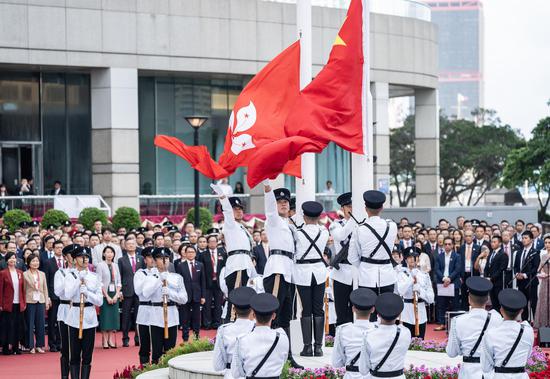


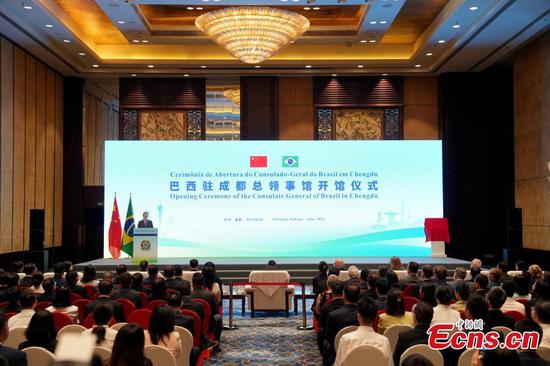
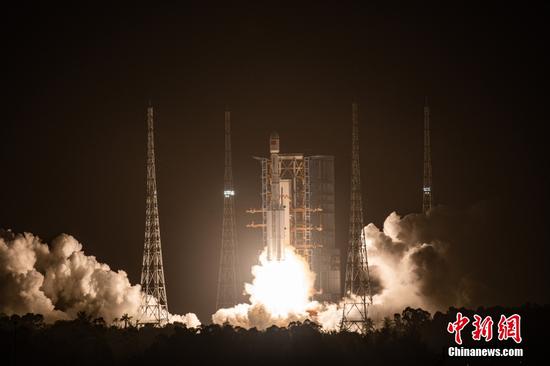
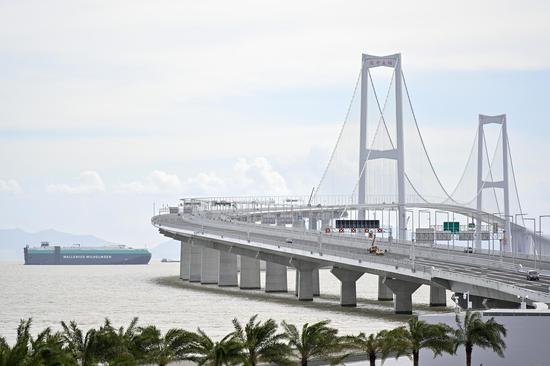
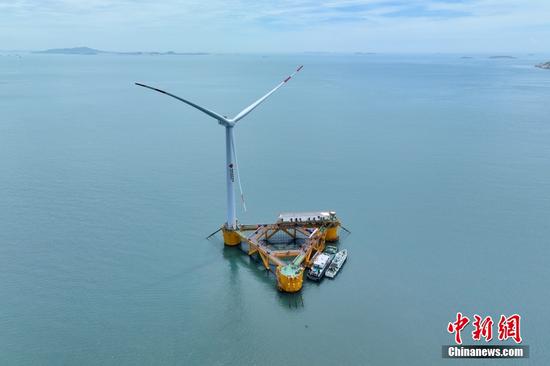
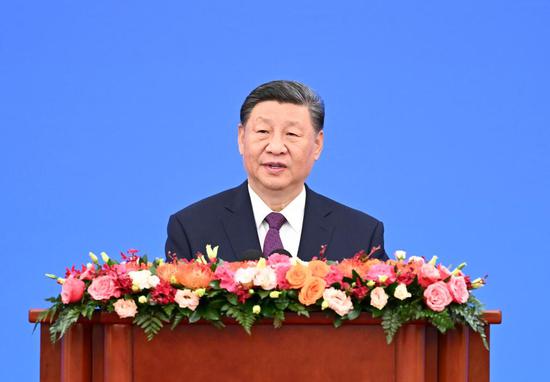
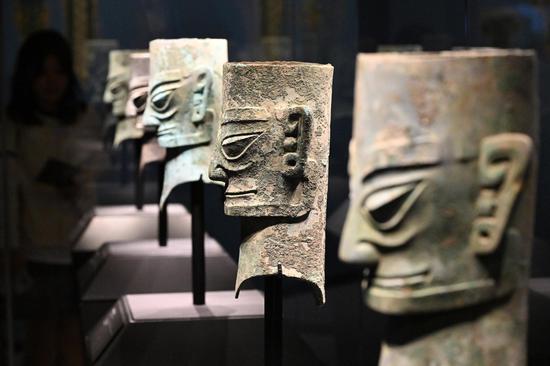
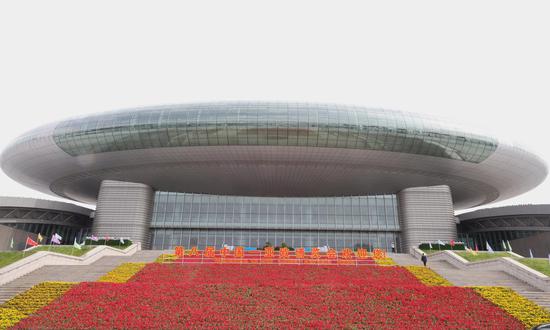
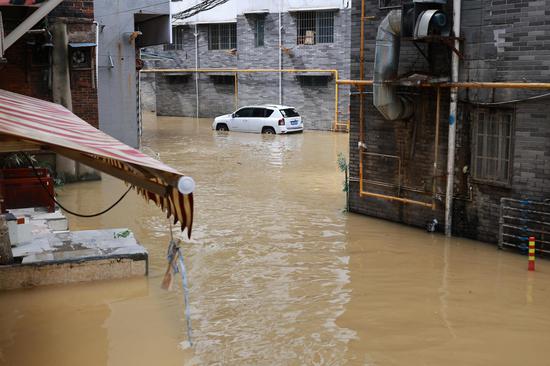
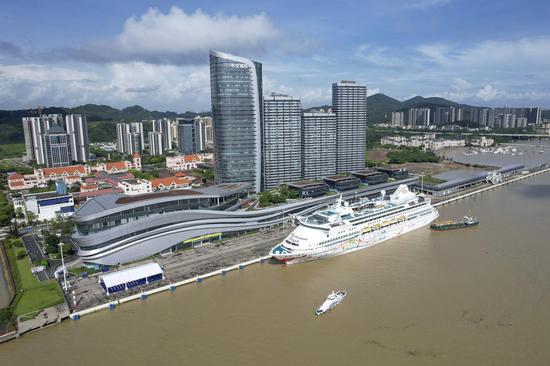







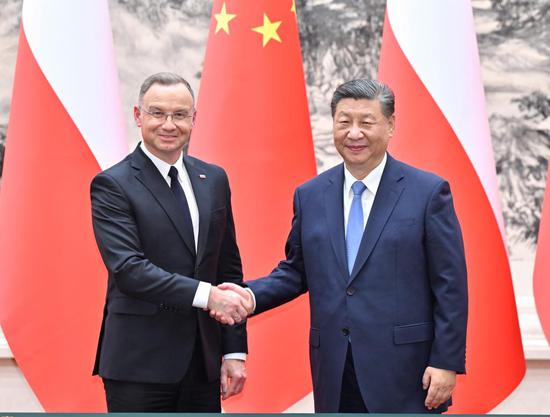





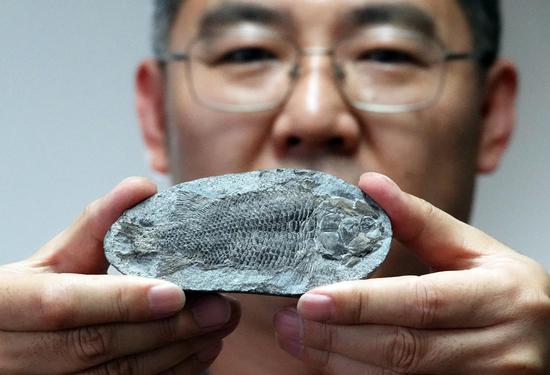
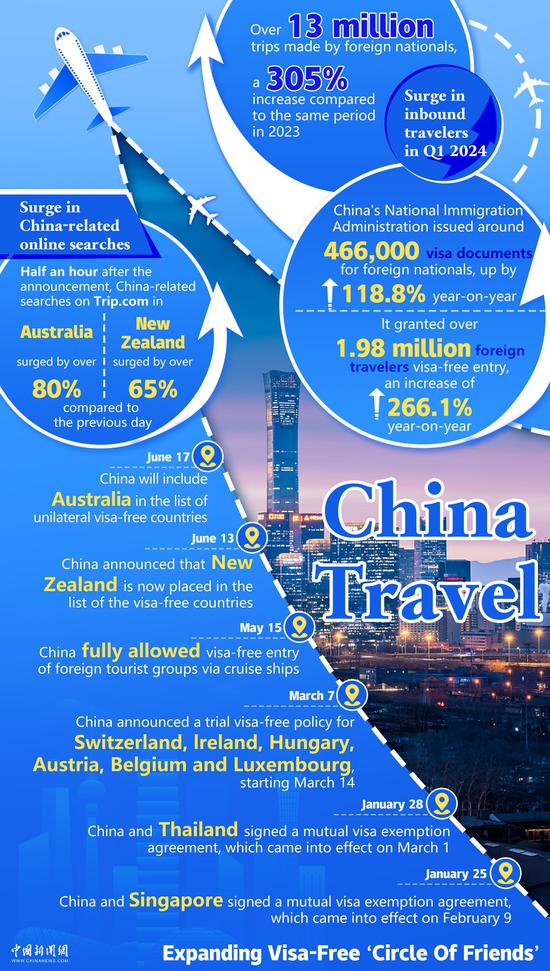



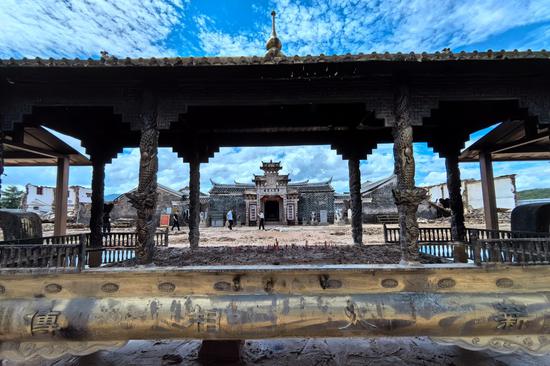
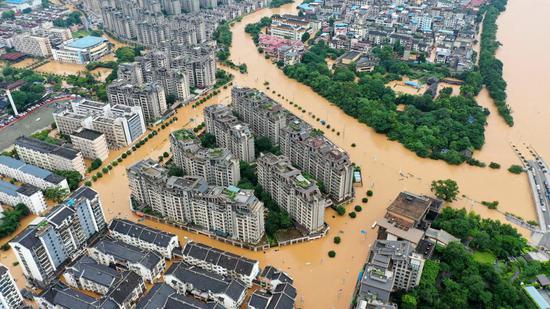

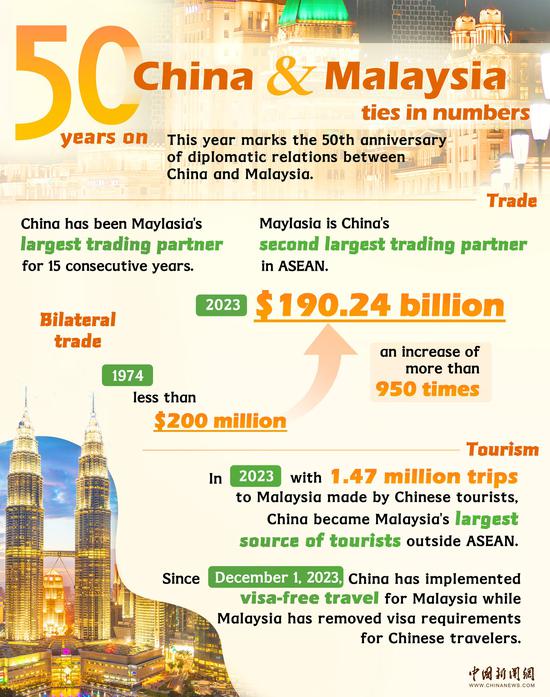

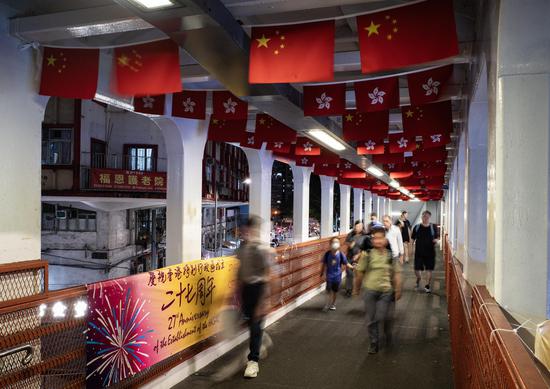
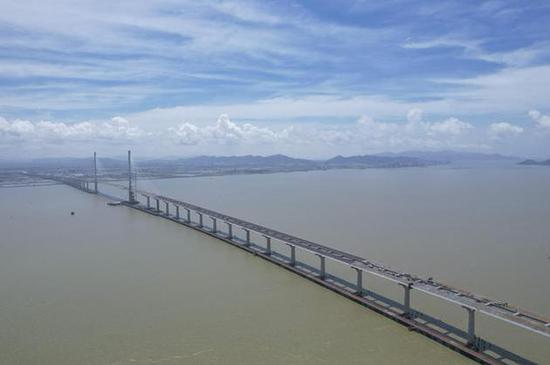



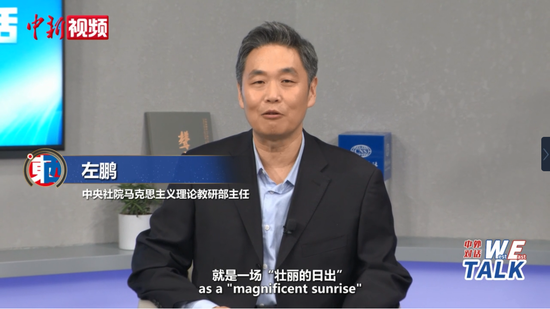

 京公網(wǎng)安備 11010202009201號
京公網(wǎng)安備 11010202009201號